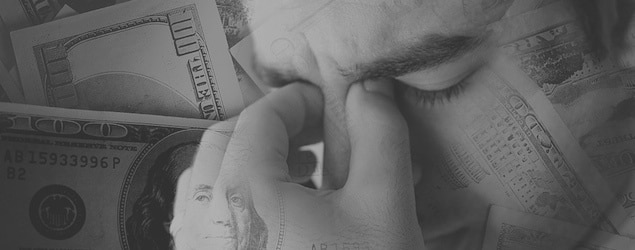The Real Meaning of “Wealth Redistribution”

Let me share something with you that’s a little personal. One of the greatest sources of joy in my life is my one-year-old daughter, and my wife and I are eager — that’s too weak a word, actually — to have another kid. But we simply cannot afford to. If I weren’t surrendering 15.3 percent of my income to pay for other people’s Social Security and Medicare handouts, though, we could.
When I think of what the welfare state does to my life, that is what I think of. Have you stopped to think about how the welfare state robs you of joy?
It’s easy to think of welfare programs in impersonal terms. But actually, money represents all the specific values you could have bought with what you earned: a new car, a badly needed vacation, funding for a new business, the down payment on a house, a college fund for your kids.
Thousands if not tens of thousands of dollars that you earn are taken from you each year and simply handed over to other people. But most of that money will disappear from your life silently. Since it never touches your hands, you never go through the process of deciding how you want to spend it — you don’t think about which of your hopes and dreams have been poured down the drain.
That’s why I’m not surprised when people tell me they don’t experience the welfare state as a burden. But imagine if, instead of having your taxes deducted from your paycheck, you had to sit down at the end of the year and write a $10,000 check to the government to pay for other people’s retirement, health care, and unemployment benefits. Then you would really feel the burden — you would have a much sharper sense of what values the welfare state is stealing from you.



